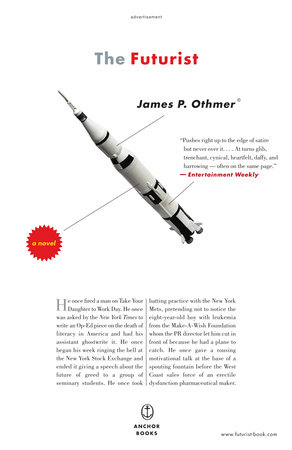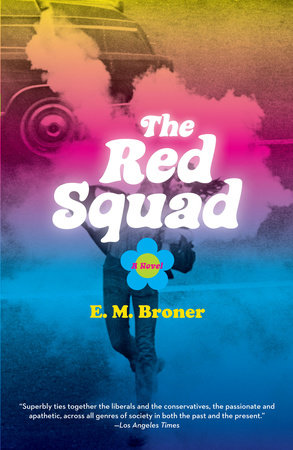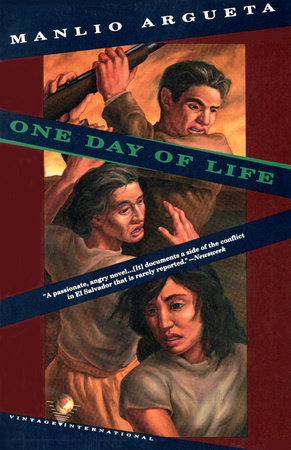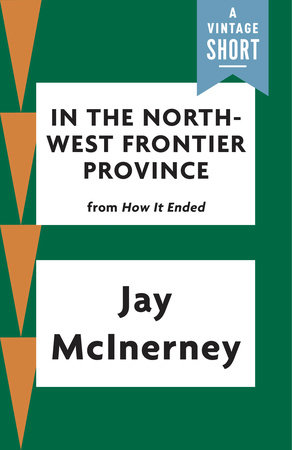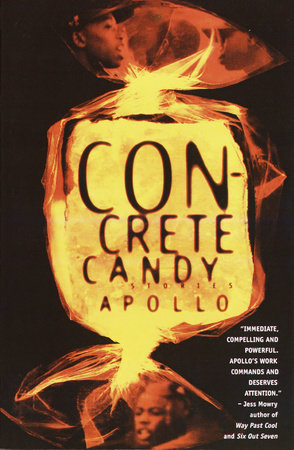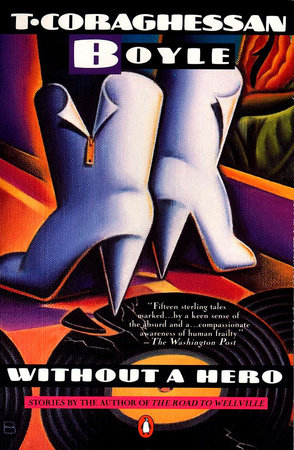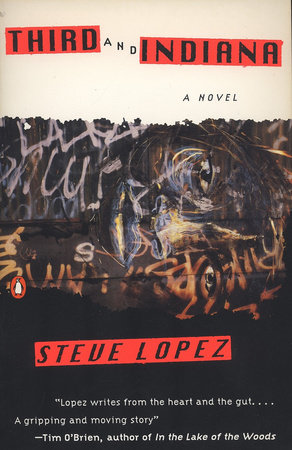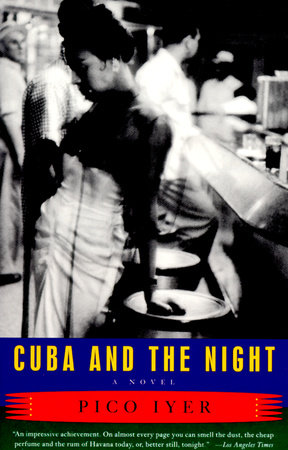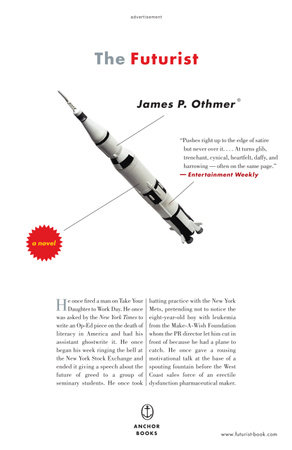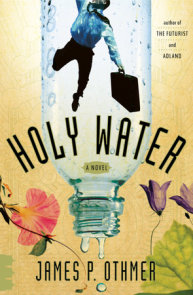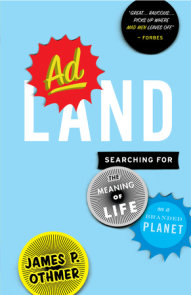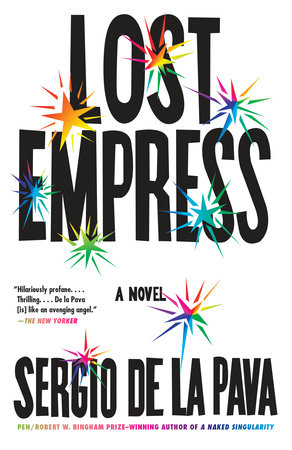Author Q&A
There are three questions at the heart of Yates’s crisis at the end of the first section: What does it mean to live a fulfilling twenty-first-century life? Is there room for a futurist in a terrified, compromised, morally ambiguous world? And, why does everyone hate us? Does he ever get answers? Are there answers?
Um… No. And even if he did get the answers, do you think he’d believe them? Unless they came from (insert spiritual deity here) or Simon Cowell, would you? More than being questions to be answered, for Yates they served as a kind of moral GPS for the journey he had to take. If anything Yates becomes the anti-answer man. He finds bliss in the cluelessness, a kind of morbid satisfaction in the searching. Just asking questions and thinking about things like vocation and “Am I making the most of my life?” “What do other people, other countries think of me/us?” is, in a way, more fulfilling, healthy and satisfying than a pat, and most likely wrong, answer could ever be.
In his Coalition of the Clueless Speech Yates renounces his profession and all who seem to know all the answers. Ironically, it’s only when he claims to know nothing that Yates finds himself and his most passionate audience? Why?
Because most of us are just sick of people who feel obligated to have an opinion, and a passionate one at that. A while back, when I was finishing up The Futurist, I read a quote by Jon Stewart that said The Daily Show “is about not knowing what the truth is.” I thought that was brilliant, because TV news, then and now, was filled with partisan blowhards; rather than people exploring, questioning, trying to make sense of the world they were imposing their opinions upon it.
I chose a futurist as my protagonist because, while most books feature someone that tries to make sense of some aspect of his or her life, or world, I thought it would be interesting, to have someone whose job is to try to make sense of every aspect of the world–and not just the present–but the future. And at the time I was writing, 2003-2005, that seemed, absurd, impossible and hilarious.
In his really nice little book On Bullshit, Harry G. Frankfurt, at one point, says, “Bullshit is unavoidable wherever circumstances require someone to talk without knowing what he’s talking about.”
I don’t think this is just a futurist-based phenomenon–it’s rotting and stinking throughout the corporate world, the political arena, and various interpersonal relationships. Why? I don’t know. Saying I don’t know, by the way, I think is one of the most honest and brave things a person can say. They are the words of a secure person. Although frequent repetitions of the phrase might not be advised; better to say something along the lines of, I don’t know, but I certainly intend to find out.
Near the end in Bas ‘ar, Blevins says that Yates is just like America. Do you agree? And does this theme of Yates-equals-America evolve as the book progresses?
I didn’t set out to write Yates as a metaphor for the rise and slippage of the American empire, but as I roughed out his career and moral arc, certain, um, parallels began to emerge: Once promising, powerful, idealistic, earnest and capable of greatness, of anything. Now flawed, compromised, at a crossroads, squandering opportunities, power and morals. When we find him, his ignorant, shallow, occasionally well-intentioned but ultimately self-serving behavior casts two completely blind eyes to the real needs of the rest of the world. The parallels began to emerge with the first line: “The Futurist never saw it coming.” Of course recent events kind of fed the metaphor on a depressingly regular basis. Great for the writing. Bad for humanity.
If Yates is a metaphor for America, what does Blevins represent?
He represents all the things in the world that need the help of capable others. He represents the third world. He represents the environment. Racism. He’s a desperate voice in the back of your conscience that is being drowned out by the surround-sound, subwoofer of consumerism, globalism and corporate amorality. And of course, to be true to the metaphor, he needed to be overly idealistic, irrational and, ultimately, bonkers.
Please explain how the relationship between Yates and Marjorie evolves? How do you think they feel about each other at the end? Do they have a future?
From the beginning I was wary of certain things, certain traps and clichés: the hooker with the heart of gold, etc. At first, Marjorie just wants to make a few rands and get out of this drunk guy’s room. Then he helps her and she sees him as someone who could help her more, who could perhaps speed up her five-year plan. In addition, by choosing not to have sex with her, he has gained a glimmer of her trust. On the other hand, Yates takes a liking to Marjorie because she does not speak bullshit or tolerate his. She is blunt and critical and constructive. This moves him to the point where he offers her a way out. Helping her will make him feel good. In Fiji things change. They talk more intimately and there is a hint that there may be more than a friendship between them but I didn’t think it should go further. First of all, the age difference and the vulnerability of her situation would have made any kind of sexual relationship seem creepy. When they go back to the home of his youth for his father’s funeral their feelings for each other deepen through actions and you start to feel that maybe the romance would be earned, would be something you might as a reader want to see. But then he has to go off to Bas ‘ar. I would hope they have a future, but as the end of the book infers, who the hell knows anything about tomorrow?
We never meet Yates’s father, yet he figures prominently in Yates’s conscience. How did Yates’s father influence him in life, and then death?
Yates’s father, like Blevins, provided another type, a moral counterweight for a man whose psyche is teetering on the edge. If Blevins tugged at Yates’s global conscience, his father worked on his personal side. His father was blue-collar, meticulous, hard-working, liked to see tangible results. He never compromised. And he was judgmental. On the surface he was the opposite of Yates. How did he influence him in life and death? As a child Yates idolized the man. As an adult he found him insufferable. And after his father died, he began to see him in full, his flaws and strengths, his concrete moral code and the incongruities–Roberto Clemente, the fascination with the stars–that make us all impossible to figure out.
Discuss the real world, contemporary parallels to things like space tourism, Destination Bas ‘ar, staged/scripted news conferences, corporate excess, the selling of Brand America to the World?
On first read, some of these things may sound made up, but they were dropping into my lap left and right. Space Tourism is always in the news. See Paul Allen’s project and Richard Branson. Corporate excess? Enron, Halliburton and Tyco I believe are only the beginning, and not just a byproduct of NASDAQ hysteria. Staged, scripted press conferences? See Donald Rumsfeld in Iraq. Karen Hughes in Saudi Arabia. Ari Fleischer. Scott McClellan. See the U.S. paying the Arabic media to run “Things are looking up!” stories. Even before Karen Hughes was sent to the Middle East as cultural liaison, there was an ex ad exec named Charlotte Beers who was charged with selling Brand America to the region. That was our answer to 9/11. Bad TV. And finally, when I was writing this, I stumbled upon a Web site for an actual business expo called Destination Baghdad that was scheduled to take place months after American troops took the city. Since then I believe it has been postponed and rescheduled numerous times. But it was there, and it was clearly all about making money on the new nation. And I knew right away that Yates had to go to something very similar.
Why, as a society, are we so future obsessed? Have we always been that way or is it a more contemporary symptom?
I believe we’ve always been that way–from the time of prophets, the Oracle at Delphi, Nostradamus, Da Vinci–right up until now. It gives us a thrill. Hope, even though it’s often false, and optimism.
In part because it used to be my job, I became a bit of a junky for that kind of discourse; because of the intellectual tease, the possibilities. I loved and still love the inquiry, the speculation. What I don’t love, and rarely trust, are the bold prognostications, the people who speak of the future in absolutes, as edicts from Tomorrowland rather than something to be considered and weighed.
I worked as a creative director on the AT&T business in the early ’90s, just as the net was beginning to boom. We were doing the “You Will” commercials that predicted everything from the wrist phone to a home that ran itself. I was going to Bell Labs, pre-Lucent, every few weeks and seeing these incredible inventors talk about the future and I couldn’t help but believe.
In fact all tech and telecom ads from that era were incredibly optimistic about the transformative power of the Internet. The global village. Bringing the world together, etc. At the very best, the proclamations were premature. At their worst, they were flat out wrong.
Anyway, back in the ’90s, working on tech and telecom accounts, just as things were about to really blast off, I became fascinated with that culture, with what intellectuals and futurists had to say about the digital revolution, what philosophers had to say about the way it would or wouldn’t change the way we communicate, the way we exist. And because of my job, I had access to incredibly fascinating people like Nicholas Negroponte of the MIT Media lab, the founders of Wired magazine, Watts Wacker, Faith Popcorn, George Gilder, Lori Anderson, not to mention Carrot Top and Tom Selleck. Some actually influenced the moment, the age, the trend. Some truly saw it coming. Some observed it as it happened and labeled it, coined a phrase for it that marketers could glom onto, thus making themselves immortal. But others, most others, they just got it totally wrong.
In The Futurist a society obsessed with “What’s Next?” is seemingly paralyzed by the present, forced to ask itself, in effect, “What now?” Explain.
I also believe (and again, what do I know), that the times will dictate the popularity of something like futurism, our fascination with what’s coming. I know that my protagonist was there for the heady times, the Internet boom, the thrill of possibilities, the skyrocketing NASDAQ. But it was a lot more interesting for me to explore what his life would be like after the shit hit the fan: The unfulfilled promise of the net, the market crash, Enron, corporate excess and scandals, a controversial election, a horrible terrorist attack, a war, an occupation, and a preoccupation with what horrible thing will befall us next? What the hell could a futurist possibly make of all this? For a while we thought we had it very good, peace, prosperity, power, and we thought it would never end. When it did, it was sudden and ubiquitous and it freaked a lot of us out.
From the hermit-like existence of the billionaire Campbell to the disillusioned Peace Corps deserter to, of course, Yates, a central theme of the book is vocation. More clearly: What do I do with myself now? How does this theme reflect the world we live in?
People who thought they knew what they wanted to do, what they wanted from life and out of it, have had their world violently shaken. The major they chose in college suddenly seems trite. The twelve years they just put in at the glass and steel tower suddenly seems a waste. People who thought they were universally loved are discovering that 4/5 of the world hates them. What is a human being to do but try to figure out why?
